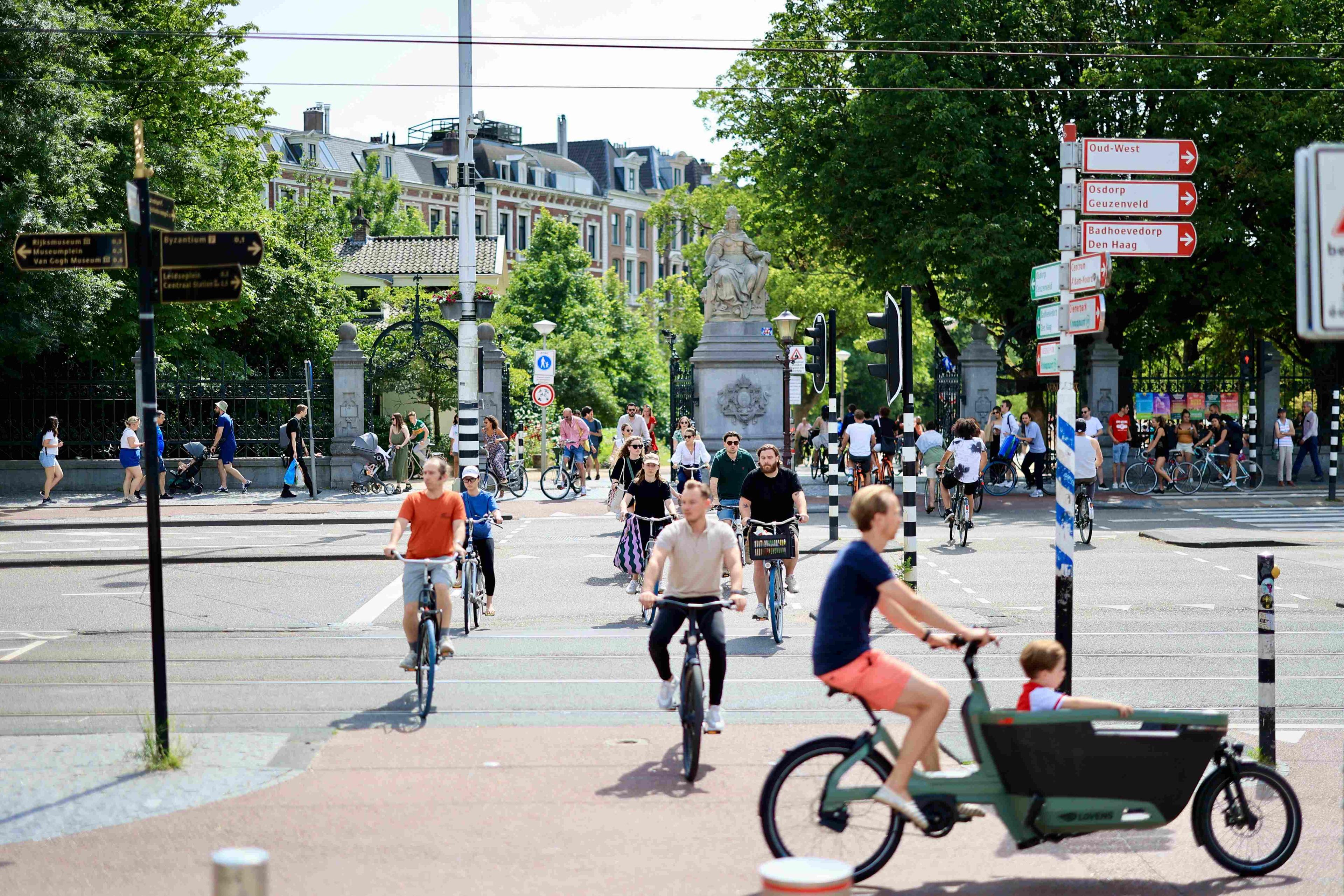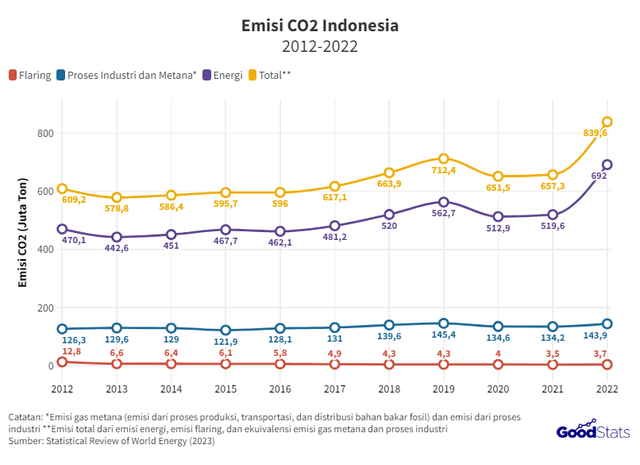
Net-zero could be defined as a situation in which the amount of carbon emitted is equally compensated with the amount able to be avoided and/or removed. There is an urgency to accomplish said vision, since countries have legally committed to address climate change through Paris Agreement.
Private sector has embraced sustainability strategy. Governments all around the world have set their own target on how to move their economy away from brown sector. International communities have been playing their role as well, in providing technical assistance and a much needed financial support for countries and projects that intend to ramp up their climate actions. These are clear marks that the world is on course to achieve net-zero emission economy.
In Indonesia, the Net Zero Emission is aimed to be achieved in 2060 or earlier. Study by the International Energy Agency and Ministry of Energy and Mineral Resources has indicated that the target is achievable, and even could be accelerated provided the right instrument is well placed at the right time.
That said, it should be highlighted as well that the attempt to realize a net-zero future is conducted in a just transition manner.
Considering the urgency of climate actions, swift transformation is expected in the path towards net-zero future. The positive impacts it would create notwithstanding, stakeholders should take ensure that this transition will bring along every element of the society, as an abrupt change have the potential in creating adverse impact to certain groups. This is why a just transition is an integral part in the attempt to achieve net-zero world, considering the creation of jobs and economic opportunities brough by climate actions should be accessible to all.
How would this eventually materialize? This article would like to examine three particular events that would come into fruition should a just transition is finally taking place.
1. Financial institution’s new low carbon portfolio
Financial institution these days are expected to reduce emission in their investment portfolio. As a result, they would then reevaluate their current investment and conduct a thorough due diligence on new investment.
However, transition to the new green economy would revolve around compromise in balancing various interest from social, economic, and environment. Therefore, there will be still investment on consumption of natural resources essential to green technology, as it would help developing countries to attain economic growth. Simultaneously, investment in other green sector is expected to increase as well.
More than 190 financial institutions have publicly pledged their commitment in setting emission reduction target in accordance with science based target initiative. Following that commitments, they need to establish a framework, through which investment decision could be properly deliberated against the presented risk and opportunities associated with the net-zero initiatives.
2. A close collaboration between private and public sector
Private sector investment is crucial in the steps leading to net-zero world.
To streamline private investment, a close collaboration between public and private is needed. Public and private investment must be mobilized accurately in order to de-risk the investment necessary for climate actions which often times still unrecognizable by market. In addition, both public and private sector should start to look at innovative financing instruments to finance projects with significant climate impacts in developing countries.
Considering the substantial amount of investment needed to facilitate a just transition, both private and public sector must complement each other to address the significant financing requirements, knowing that climate change is an agenda shared by every element of society.
3. Creating impacts to environment and communities
A just transition means a fair and inclusive development. In other words, impacts to communities and environment should be the norm.
Primarily when one discusses a just transition, there will be new green jobs for local communities. This will be the bedrock on which communities could improve their livelihoods, while still playing their part in the sustainable management of the surrounding environment. As collaboration would be a key in climate actions, local voices would be a necessary element in decision making process of ecosystem management. Eventually, these features would improve local ownership on the sustainable environment management that is envisioned by global communities.
It should be taken into account as well that by showcasing the impacts of just transition, governments would have platform that proves green economy has the ability to advance climate actions and grow the economy.
Share this article
Other News
that may interest you...

Towards 2030, the Indonesian government has formulated several policies to achieve emissions reduction targets, including zero carbon by 2060; the amount of carbon emissions produced is similar to the amount of emissions that can be absorbed.